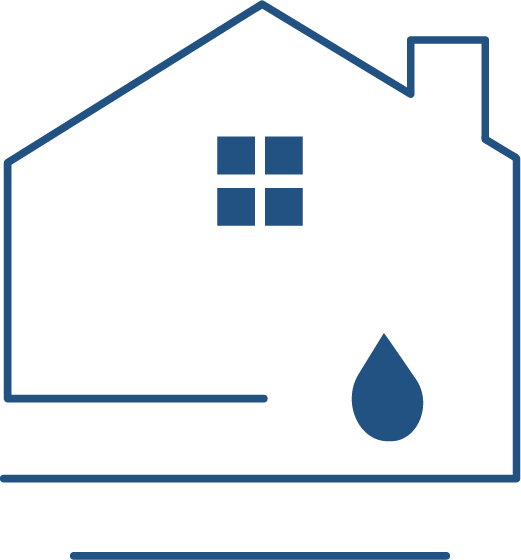A crawlspace may not be the most visible part of your home, but if it starts to smell, it quickly becomes a noticeable problem. Foul odors from your crawlspace can creep into your living space, causing discomfort and concern. But what causes these smells, and what can you do to get rid of them? Let’s dive into the common sources of crawlspace odors and explore effective solutions to keep your home fresh.
Common Causes of Crawlspace Odors
1. Moisture and Mold Crawlspaces are often prone to moisture, especially in areas like Portland where humidity levels can fluctuate. When moisture accumulates in a crawlspace, it creates a perfect environment for mold and mildew growth. Mold not only causes structural damage but also emits a musty odor that can seep into your home.
2. Poor Ventilation Crawlspaces need proper ventilation to allow air to circulate and prevent the buildup of moisture and odors. When ventilation is inadequate, stale, damp air can get trapped, contributing to unpleasant smells. This is particularly common in homes with older, unsealed crawlspaces.
3. Animal Intrusions Animals, such as rodents, raccoons, or squirrels, may seek shelter in crawlspaces. Over time, animal droppings, urine, or even a dead animal can create strong, offensive odors. If left unattended, this not only leads to foul smells but also poses health risks.
4. Standing Water Leaks from plumbing systems, groundwater seepage, or improper drainage can cause water to accumulate in a crawlspace. Standing water leads to mold growth, attracts pests, and eventually results in stagnant, musty odors that spread throughout the house.
How to Eliminate Crawlspace Odors
1. Install a Vapor Barrier One of the most effective ways to prevent moisture buildup and reduce odors is by installing a vapor barrier. A high-quality vapor barrier acts as a protective shield, preventing moisture from the ground from seeping into the crawlspace. This not only reduces odors but also helps in controlling mold growth.
2. Seal and Insulate the Crawlspace Sealing gaps, cracks, and vents in the crawlspace can help to reduce air leakage and prevent the entry of moisture and pests. Additionally, proper insulation can stabilize temperatures, reducing condensation and the risk of mold. This is key in preventing odor-causing moisture from building up.
3. Improve Drainage Proper drainage systems can prevent standing water from accumulating in the crawlspace. French drains or sump pumps can be installed to divert water away from the foundation and keep your crawlspace dry. This step is crucial in reducing odors and preventing long-term structural damage.
4. Remove Animal Waste If your crawlspace has been invaded by pests, it's important to remove any droppings, nests, or carcasses immediately. After removal, thoroughly clean and disinfect the area to prevent lingering odors. In some cases, professional pest control may be needed to prevent future infestations.
5. Schedule Regular Inspections Regular inspections are essential for catching issues before they become major problems. By identifying leaks, animal intrusions, or mold growth early, you can address potential odor sources quickly and effectively. Crawlspace inspections by professionals can save you time and money in the long run.
Final Thoughts
Crawlspace odors can be a nuisance, but with the right preventive measures and timely action, you can keep your home smelling fresh. Moisture control, proper ventilation, and regular maintenance are key to eliminating and preventing crawlspace odors. If you're struggling with persistent odors, consider reaching out to The Crawlspace Crew. Our team specializes in crawlspace repairs, moisture control, and pest prevention, ensuring your home stays odor-free and comfortable.
Schedule Your Free Inspection Today
Get in touch by filling out our contact form or click here to schedule a call directly.



